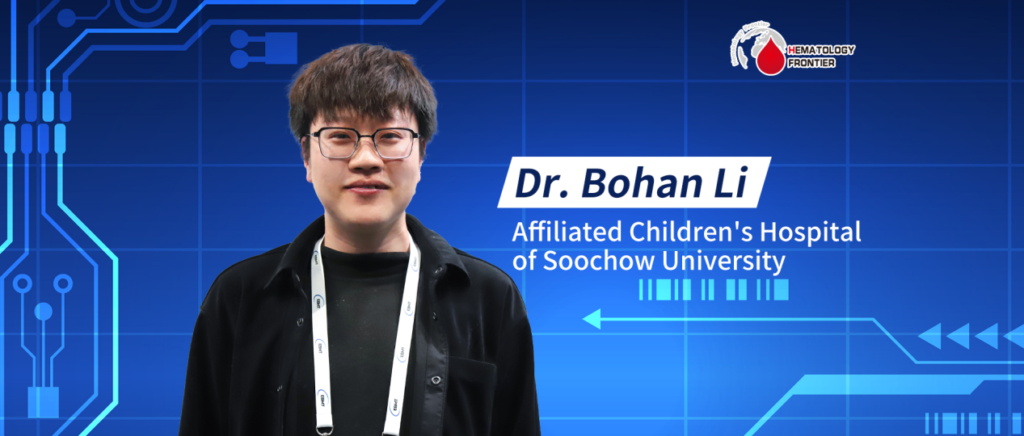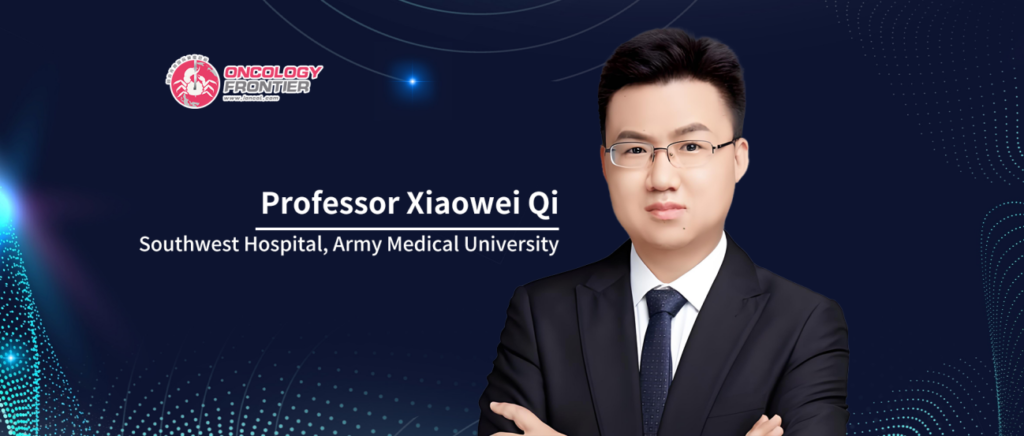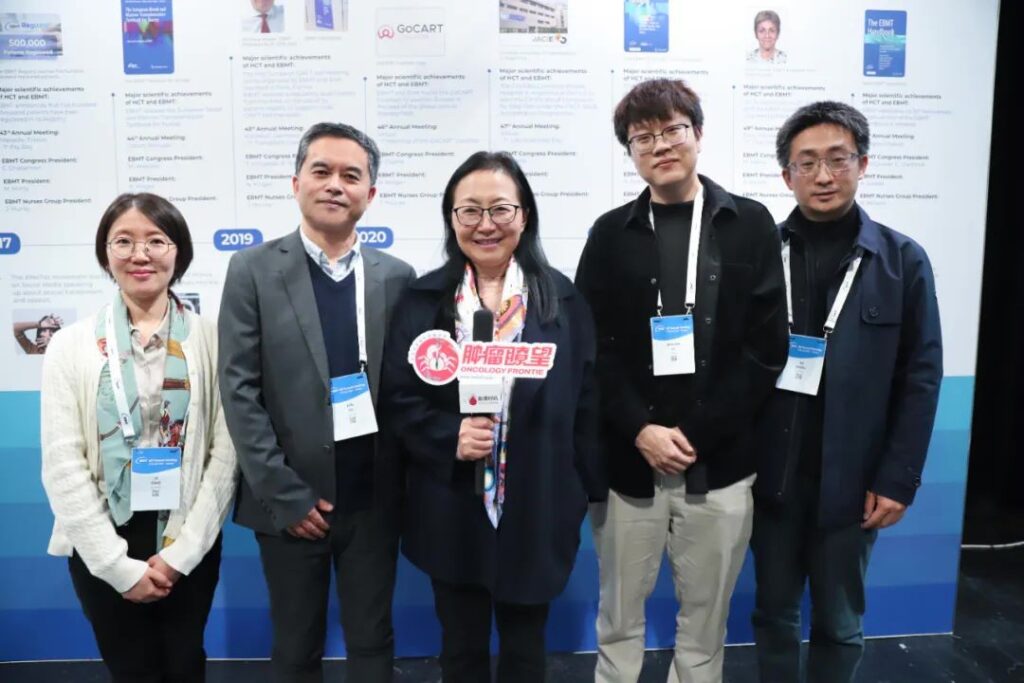High Frequency of Type 3 Dendritic Cells in CD1c+DCs on Day 28 Post-Allo-HSCT as a Potential Marker for Severe GVHD in Pediatric Patients
llogeneic Hematopoietic Stem Cell Transplantation (allo-HSCT) and Chimeric Antigen Receptor T-cell (CAR-T) therapy have become crucial in the treatment of leukemia. However, the effectiveness and safety of these treatments continue to be hot topics of research. Recent breakthrough studies have provided valuable insights, particularly in the treatment of children with relapsed/refractory B-cell acute lymphoblastic leukemia (B-ALL), prevention and monitoring of graft-versus-host disease (GVHD), and management of complications following CAR-T therapy. The 50th European Society for Blood and Marrow Transplantation (EBMT) annual meeting, held from April 14 to 17, 2024, in Glasgow, UK, focused on the latest advancements in stem cell transplantation and cellular therapy, pushing forward better clinical outcomes for hematologic patients. At this conference, Professor Shaoyan Hu and her team from the Affiliated Children's Hospital of Soochow University reported on six studies. Oncology Frontier - Hematology Frontier specially invited Professor Shaoyan Hu and her team members to share their research findings on the efficacy and safety of allo-HSCT and CAR-T cell therapy in pediatric leukemia patients in a roundtable discussion format and to provide insightful commentary on these six studies.





